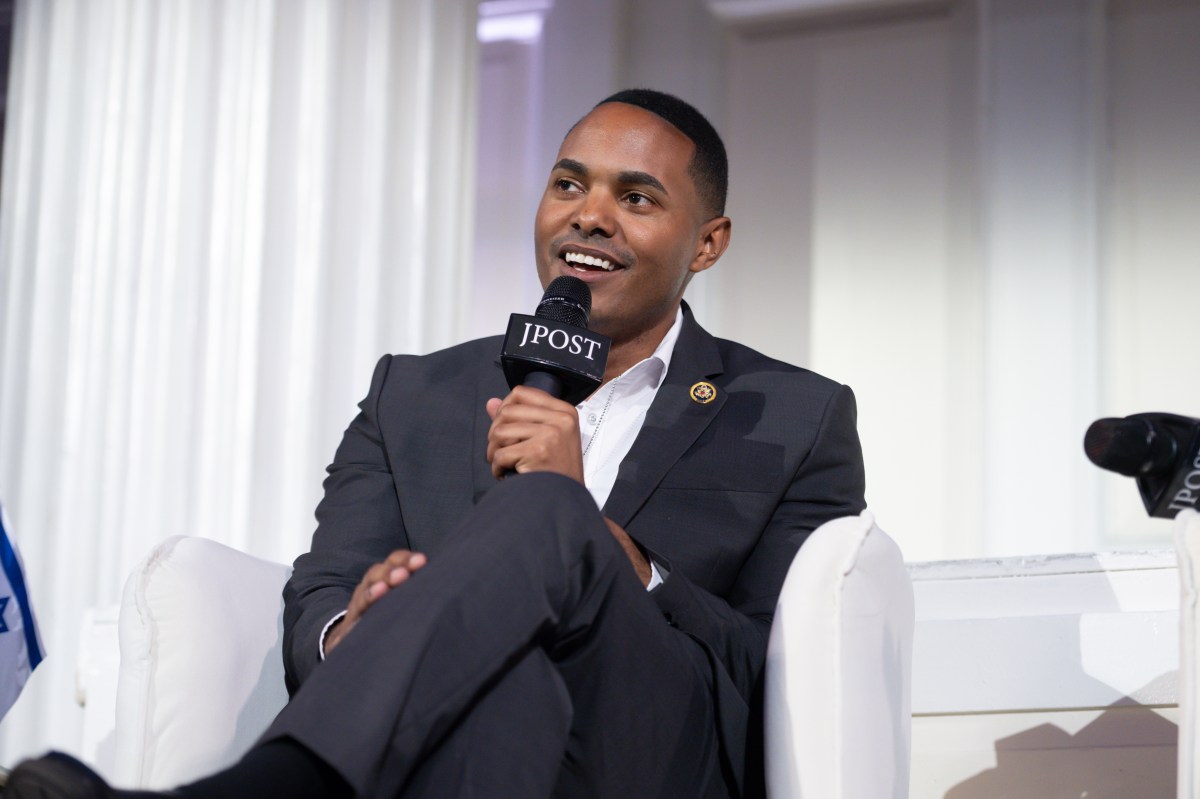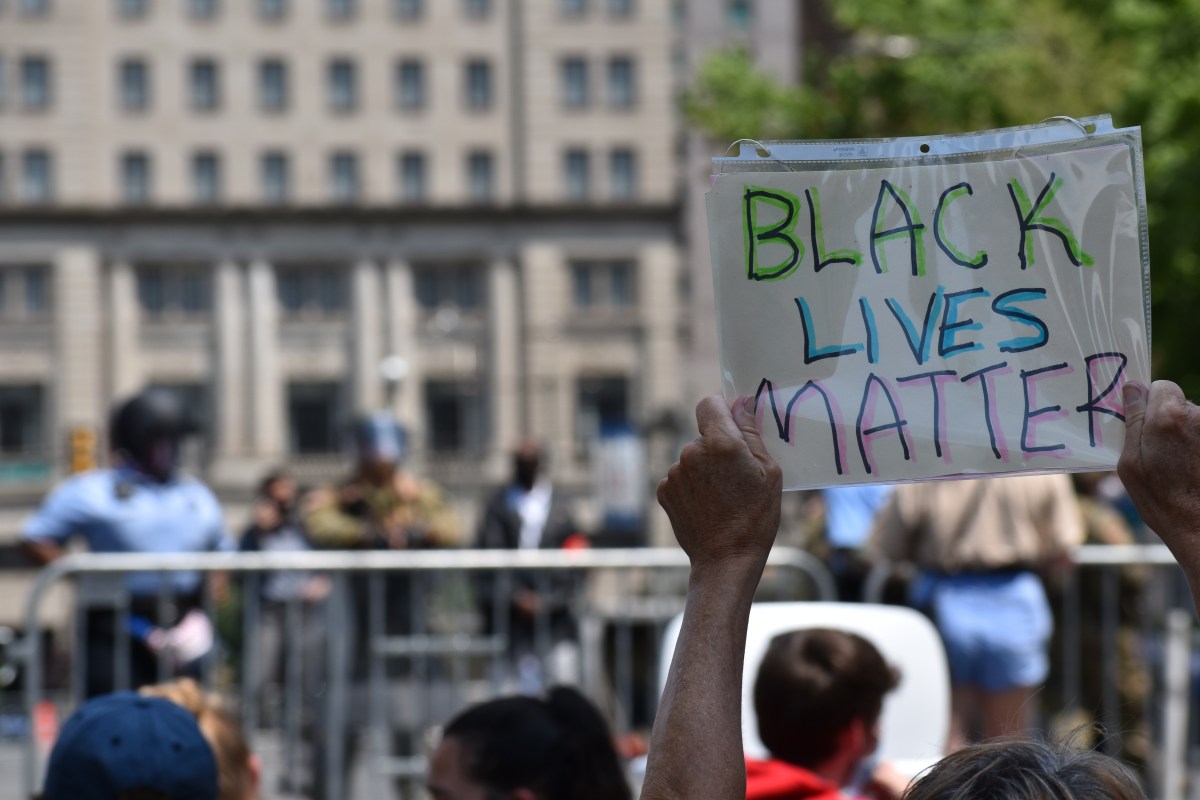WASHINGTON (Reuters) – The head of the examination office at the U.S. Securities and Exchange Commission (SEC) on Tuesday published details about the expected scope and content for compliance with a new rule requiring broker-dealers and investment advisers to disclose potential conflicts of interest.
Although the financial industry had lobbied to delay or suspend parts of the measure beyond its June 30 deadline, citing issues stemming from the coronavirus pandemic, SEC Chair Jay Clayton said the deadline remained “appropriate,” but indicated there could be flexibility and more insight provided on the agency’s examination approach.
Tuesday’s notice seeks to underscore that the SEC will assess whether brokers have made a “good faith effort” to comply with the Best Interest rule, including the operational effectiveness of its procedures, the agency said.
The agency added that, among other issues, it wants to spot potential issues like whether brokers recommend account types, or whether firms fail to describe how advisers are paid in the rule’s Client Relationship Summary form.
“It is important to share our plans for initial examinations to help firms assess their preparedness as the June 30, 2020 compliance date nears,” said Pete Driscoll, director of SEC’s Office Compliance Inspections and Examinations, adding that the agency’s focus would “take into account firm-specific effects from disruptions caused by COVID-19.”
However, investor advocates have said the agency’s rule doesn’t go far enough, and they would likely view the agency’s examination efforts as a move to curb to lobby pressure and mislead investors, even without extending the deadline.
The new rule has been widely seen as a win for Wall Street, which successfully fought off a more onerous investment advice proposal by the Department of Labor. Most notably, the SEC’s rule still allows brokers to recommend financial products that benefit them, provided they disclose the conflict.
Clayton has pushed back on this characterization, saying “in sum, Reg BI cannot be satisfied by disclosure alone.”
(Reporting by Katanga Johnson; Editing by Michelle Price, Leslie Adler and Lisa Shumaker)
























